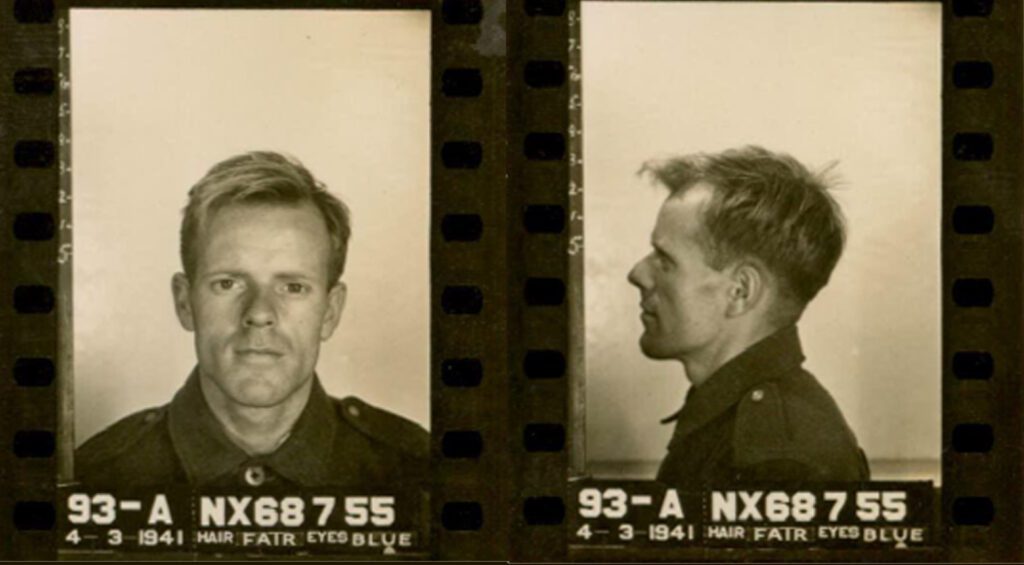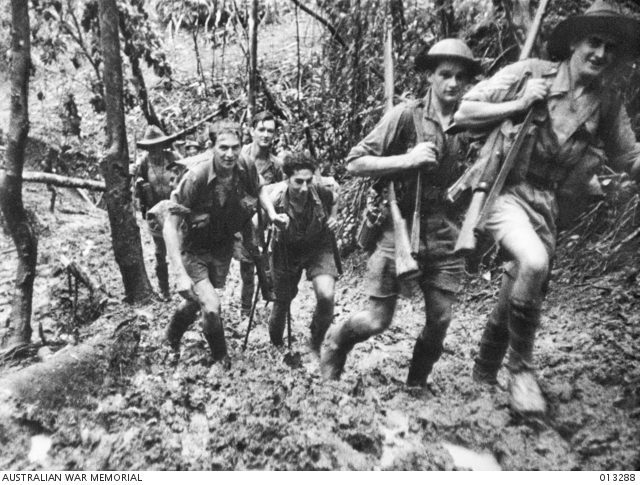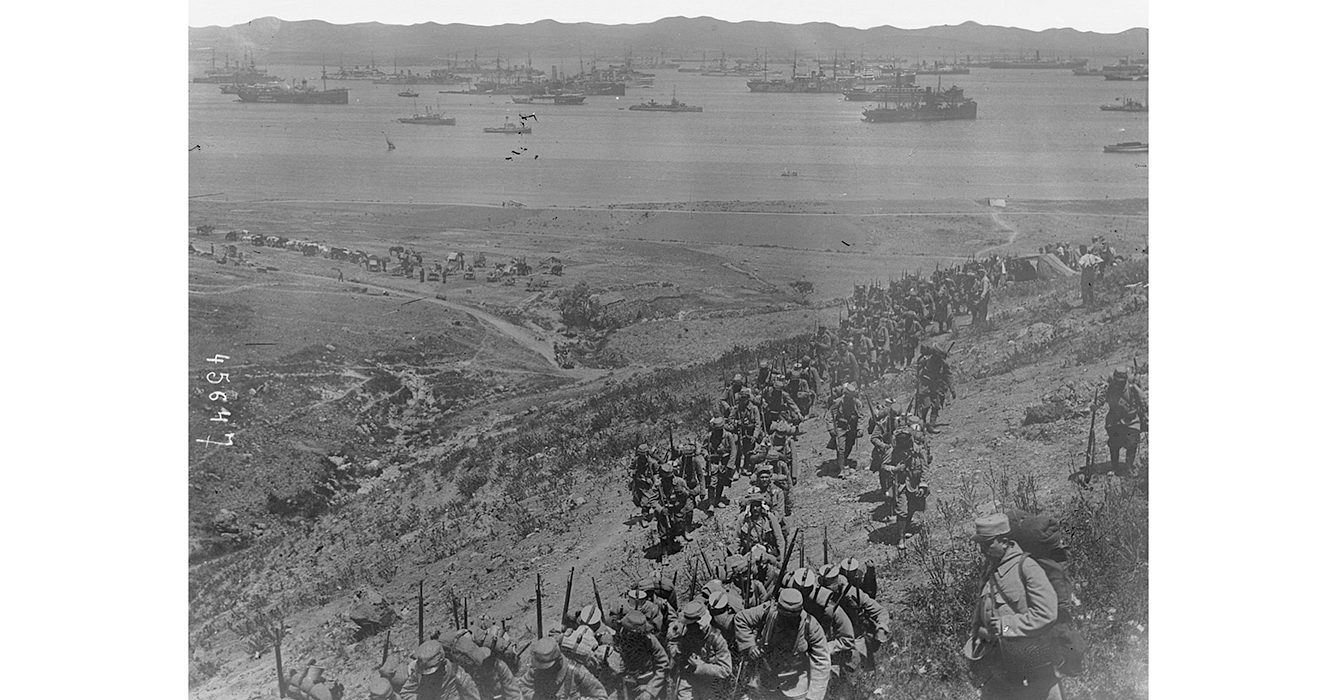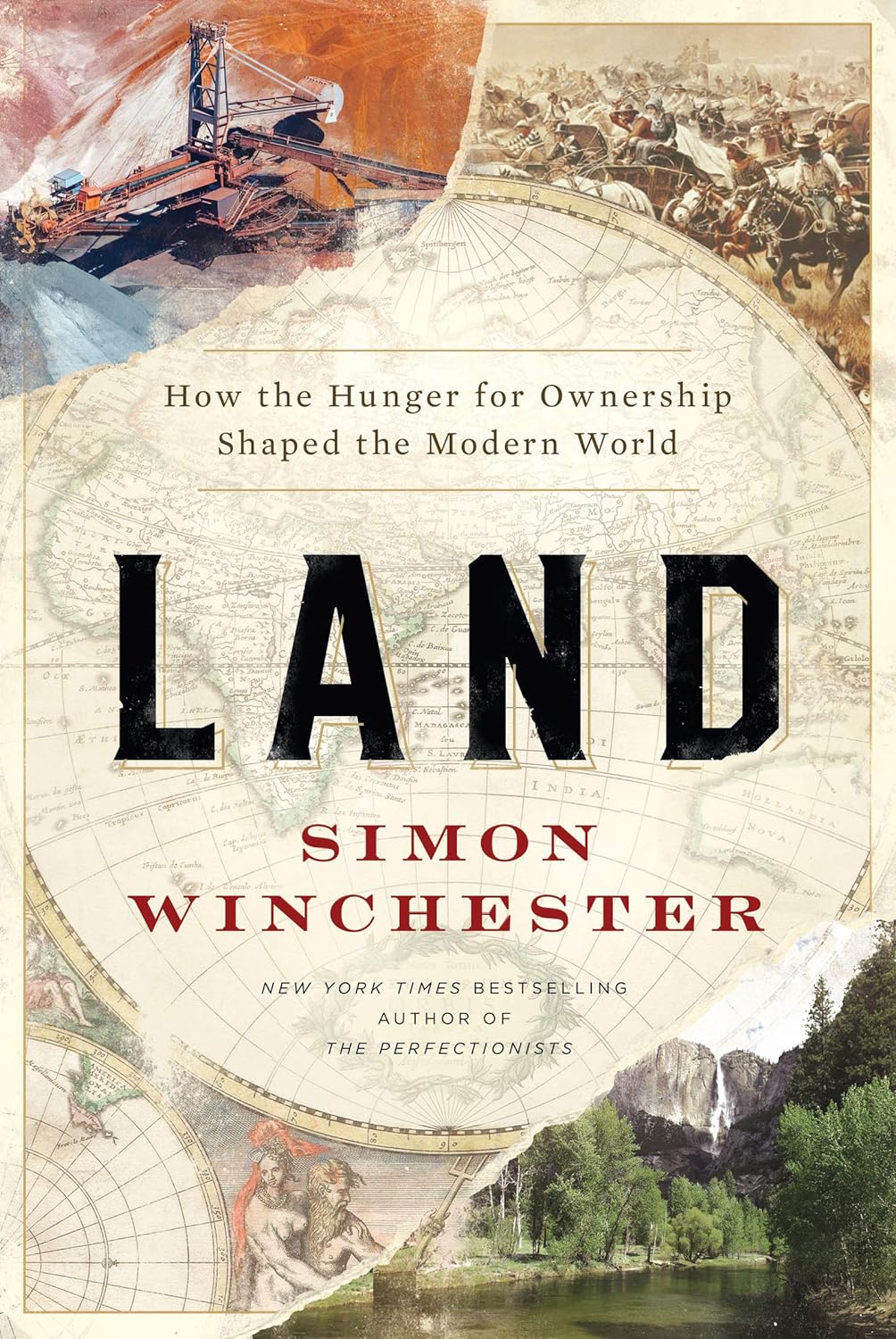Reading time: 4 minutes
Frank James Makepeace was born in Botany on 21 October 1915. He was a 24-year-old wool worker when he enlisted in the 2nd Australian Imperial Force (AIF) on 4 March 1941 at Paddington, New South Wales. He was married, and living in Bay St, Botany, in southern Sydney. He trained at Canterbury and Tamworth, where he received basic training, as well as qualifying as a cook. This is an absolutely essential role, there is nothing that will destroy morale quicker than inadequate or bad food!

He then embarked from Sydney on 27 June 1941 for overseas service where he was part of the reinforcements for the 2/3rd Australian Infantry Battalion, a unit of the 16th Brigade, 6th Division. By the time he arrived in the Middle East on 23 August 1941, the battalion had already fought in the North African campaign, in Greece, and on Crete. They were then engaged in the Syria–Lebanon campaign (June–July 1941), before settling into garrison duties in Syria.

Frank’s own experience diverged from his battalion’s. He was admitted to hospital as soon as he disembarked the ship, and spent 3 weeks being treated at 2/8th Australian Special Hospital, Gaza Ridge, Palestine. Once he had recovered the Army took the unusual step of putting him to work in the hospital he had just been a patient in! Presumably they would have been making use of his skills as a cook. He worked at this hospital, based in Palestine, until January 1943, when the entire hospital was shipped back to Australia.

Australian soldiers deployed in Palestine had several opportunities to visit tourist sites in the area, which they mostly knew from bible stories. In Jerusalem they often stayed at Hotel Fast, which was designated as the Australian Soldiers Club. A soldier based in Palestine for training describes a fairly typical period of leave, although it must be noted that this is a letter home, so it may have been somewhat edited!
Monday, 8 April. Manoeuvres in morning. Left Julis at 1400 for four days leave to Jerusalem. We stayed at Hotel Fast. After we had drawn pay, Jack Ellis and I had coffee at a nearby cafe. Later we returned to the Fast for tea. A hot bath was enjoyed, then Jack Ellis, Lance Turner and I roamed through the streets of Jerusalem.
Private Charles Nathan, 2/1st Battalion
Tuesday, 9 April. Rose 0700. In morning toured Old City; entered Jaffa Gate. Saw Wailing Wall, Holy Sepulchre, Gethsemane, Hebrew University, Mount of Olives, War Cemetery and other places.
Bought souvenirs and stamps. After lunch strolled around the new city past Y.M.C. A. and King David Hotel. Pictures at night with Jack and Lance. Supper, then bed.
Wednesday, 10 April. At 0830, went by bus to Bethlehem. Saw Milky Grotto and Rachel’s Tomb. After lunch, went by bus to Dead Sea. Very salty indeed. Saw Elisha’s spring. After tea, I went to pictures, then to Tambur Cafe, where I spent a delightful evening listening to good music by a real live quartet. To bed about 0200”.
During his time with the hospital in Palestine he had two short periods of illness that required hospitalisation. He was also charged with being absent without leave (AWL) on new year’s day, 1943, perhaps the result of a particularly good new year’s eve party! He was fined 2 pounds, and admonished by his commanding officer.
Once back in Australia, his record also shows a disciplinary charge in October 1943 for conduct prejudicial to good order, as well as a charge for a further period AWL. He also had a number of periods of hospitalisation, and on 12th December 1943, after nearly three years of service a Medical Board at the 11th Australian General Hospital declared Frank permanently unfit for military duty. He was discharged on 17th December 1943 as medically unfit for further service. By that point he had spent 1044 days in uniform, of which 612 were outside Australia. Frank received several medals, including the Defence Medal, the War Medal 1939/45, the Australian Service Medal 1939/45.
Frank James Makepeace’s war was very different from that of many of his contemporaries. Frank’s own service was defined by supporting others, and his own medical issues. His experience shows the other side of military history: soldiers whose wars were fought not only against the enemy, but against illness, injury, and the mental and physical strain of service abroad.
Articles you may also like

39th Battalion at Kokoda – Part 1
Reading time: 10 minutes
The 39th Militia Battalion from Victoria bore the brunt of the early fighting against the Japanese on the Kokoda Track.

Weekly History Quiz No.241
1.The 1915 Gallipoli landings involved soldiers from the British Empire, Australia, New Zealand and which other country?
Try the full 10 question quiz.

